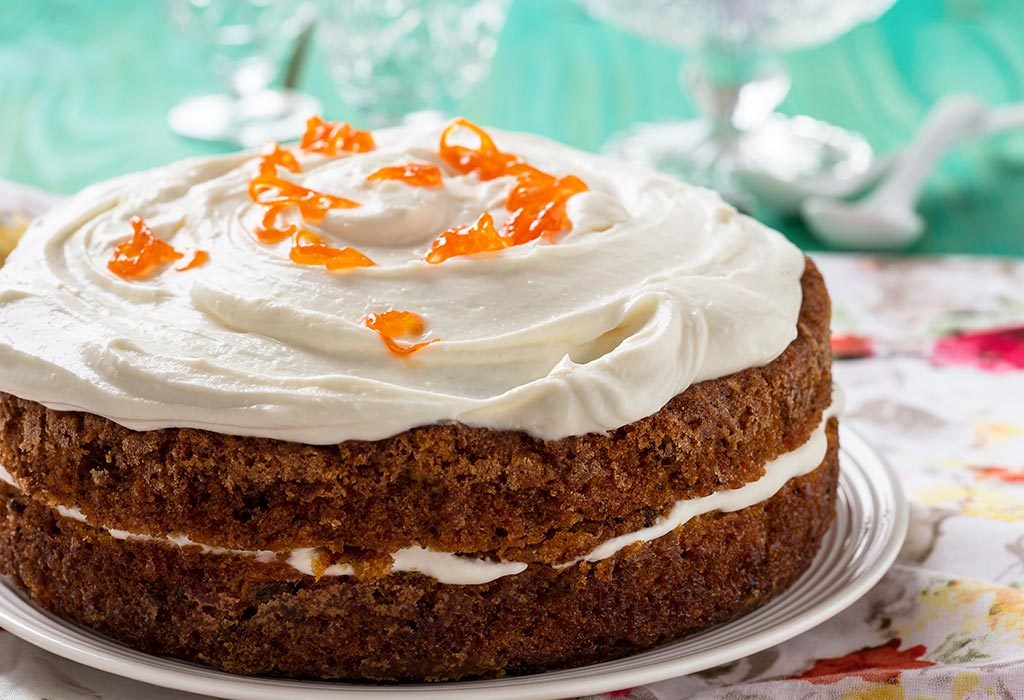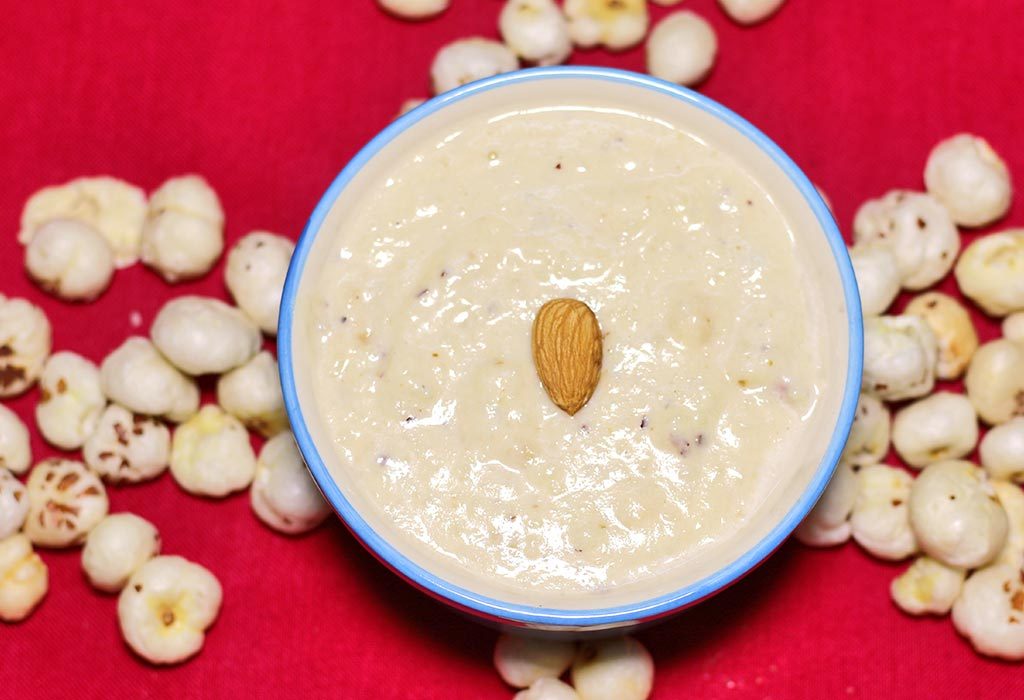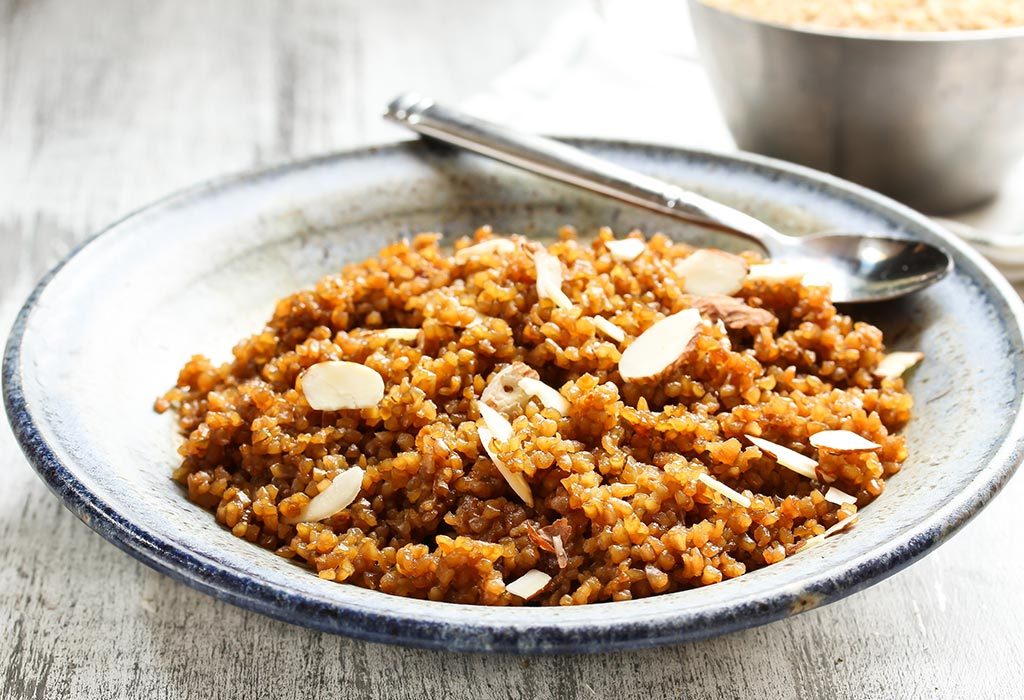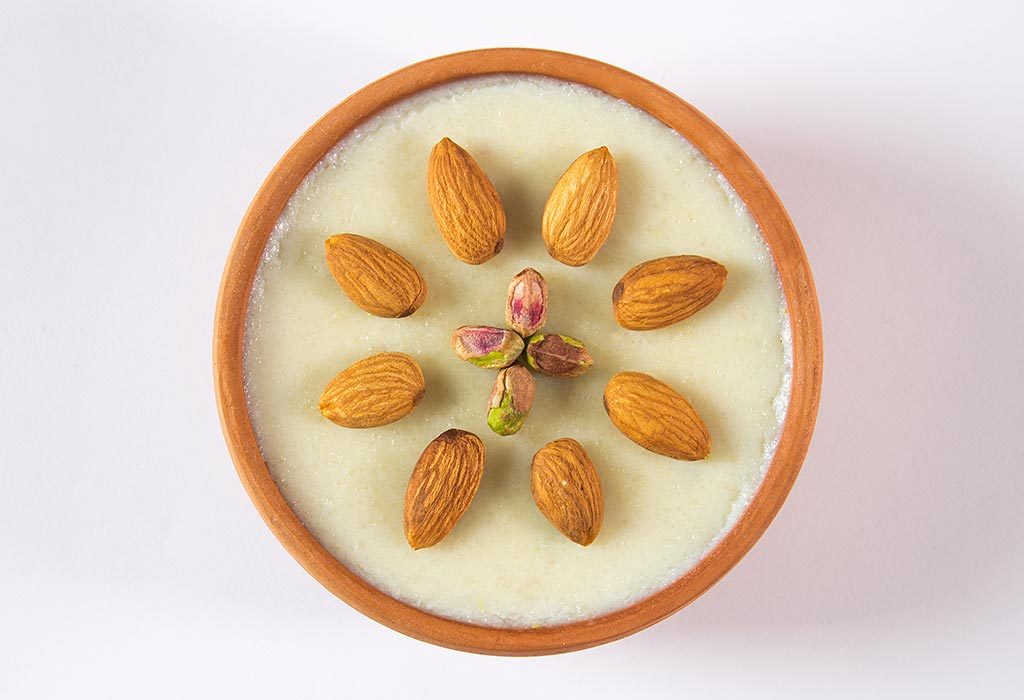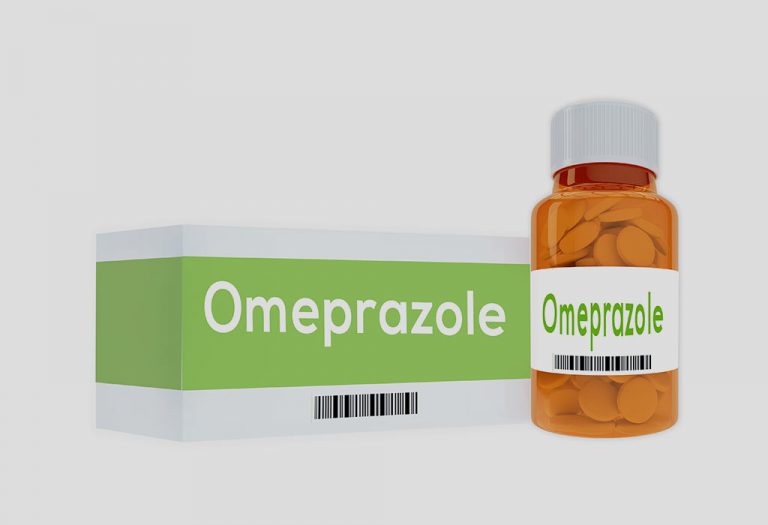Is it Safe to Eat Sweets Excessively During Pregnancy?

Everyone enjoys sweets and sugary foods, and it is hard to give up, but one needs to take extra care when eating sweets during pregnancy. Eating too many sweets during pregnancy can harm the growth of the baby. Plus, extra sugar in the body can lead to unnecessary weight gain, increased insulin and glucose levels, and nutrient deficiency in a pregnant woman. For a pregnancy to be healthy, a little weight gain is normal and necessary, but gaining a lot can lead to back pain and dental problems. If you are pregnant and have a sweet tooth – you must think twice before reaching for a second helping of your favourite gulab jamuns or kaju katlis. Learn why giving in to your craving for sweets during pregnancy may not be great for your health.
Is It Normal To Crave Sweets While Pregnant?
Yes, craving sweet food during pregnancy is absolutely normal. In fact, it is one of the most common pregnancy cravings expectant mothers experience (1)!
Causes of Craving Sweets During Pregnancy
During pregnancy, your body goes through major changes to make room for the little peanut growing inside you! Here are some common reasons for cravings during pregnancy:
1. Hormonal Changes
During pregnancy, you experience major hormonal flux, particularly with the increase in progesterone and estrogen production. Estrogen causes an increased sensitivity in your taste buds, which makes you crave sweets more as they seem more appetising (2).
2. Nutritional Requirements
Craving certain foods during pregnancy is your body’s way of indicating that it lacks certain nutrients required for your health and your baby’s growth and development. Craving sweets might indicate a zinc deficiency and low blood sugar levels. It can also indicate the need for carbohydrates, an energy boost required during pregnancy (2).
3. Psychological Factors
Your emotions are high during pregnancy, which can be attributed to the hormonal changes you experience. This might devolve into stress at times, and a craving for sweets might indicate a yearning for some comfort and pleasure amidst the stress, anxiety, and mood swings (2).
4. Amplified Sense of Smell
Pregnant women experience a heightened sense of smell during pregnancy, making them averse to certain foods while causing a craving for others. Sweets might be a go-to because they generally smell pleasant (2).
Effects of Eating Too Many Sweets During Pregnancy
Avoiding sugary items is always a good idea, especially during pregnancy. If you are expecting a child, keep your sweet consumption to a minimum because it can affect your and your baby’s health. The possible side effects of eating sugary items excessively are given below.
1. Weight Gain
A large amount of sweet consumption is linked to unnecessary weight gain. Eating foods high in calories, like cookies, pastries, mithais, halwas, and cakes, can lead to excessive weight gain during pregnancy. Even cold drinks and sweetened beverages can become a potential cause of gestational weight gain, which can lead to complications like back pain, dental problems, and even gestational diabetes at times (3).
2. Increased Sucrose Level in Blood
Eating too many sweets during pregnancy can increase sucrose levels in the blood. The main source of sucrose in the diet is sweetened foods and beverages. The wisest option during pregnancy would be avoiding sucrose-containing foods, except fruits, to prevent increased blood sugar levels after meals (4).
3. Weight Issues in the Baby
Eating sweets and sugary items excessively during pregnancy can affect the baby’s health negatively. A newborn is at a higher risk of diabetes and metabolic syndrome if his mother consumes too many sweets while carrying him. The birth weight of the baby may also be adversely affected. Overindulgence in sweets can sometimes result in premature birth with an increased risk of early birth-related complications. A baby may also be born overweight if his mother consumes too many sweets during pregnancy. And he may also be at risk of heart disease and various allergies in future (5).
4. Baby’s Cognitive Abilities May Get Affected
Loading up on sugary items during pregnancy can put a baby at risk of asthma, and it may also affect his cognitive abilities. As per a study published in the American Journal of Preventive Medicine, the consumption of sugar and soda by a pregnant woman can affect her child’s memory and learning (6).
Ideal Sweet Intake for Pregnant Ladies
The average daily intake for women is 116 calories (30 grams or 7.5 teaspoons) (7). This seems reasonable for healthy, lean, and active ladies. However, soft drinks, baked goods, and processed foods should not be consumed if a woman is overweight or obese during pregnancy. So stick to real, single-ingredient foods and avoid processed foods high in sugar and refined carbohydrates.
Now that you are aware of the ill effects of consuming too much sugar during pregnancy, the sweets lover in you must be wondering if you can use artificial sweeteners. So let’s find out, too!
Are Artificial Sweeteners Safe During Pregnancy?
Pregnant women are always concerned about their diet and nutrition during pregnancy. Sweeteners can be categorized as nutritive (containing calories) and non–nutritive (without calories) (8). Natural sweeteners or sugar is always the best option for pregnant ladies. But artificial sweeteners are not, especially when used in excess. Artificial sweeteners or ‘tabletop’ sweeteners are deemed safe during pregnancy and lactation but should be taken in moderate amounts. However, in moderate quantities, nutritive sweeteners (sugars) such as sucrose, dextrose, honey, corn sugar, fructose, and maltose can be consumed during pregnancy (9).
Healthy Dessert Recipes You Can Try During Pregnancy
To enjoy healthy desserts during pregnancy, check out the recipes below. Note: Make these desserts at home using fresh ingredients.
1. Moist Carrot Cake
A moist carrot cake is a healthy dessert recipe that can be made quickly and easily. Make it at home, but don’t indulge. If you’ve sweet cravings, have a small portion of it.
Ingredients
- ¼ cup carrots finely grated
- 2 eggs
- ¼ cup plain yoghurt
- 2 cups almond flour
- 1 cup sweetener of your choice
- 2 teaspoons baking powder
- 3 tablespoons sunflower oil
- 3 tablespoons butter
- 4 ounces of cream cheese (softened)
- Sweetener to taste
- ½ teaspoon vanilla
Method
- Beat the eggs with vanilla, yoghurt, and oil.
- Take another bowl and combine the baking powder, sweetener, and flour. Transfer it to the egg mixture and mix well. Add in the grated carrots, too.
- Take a cake pan and grease it with a little oil. Pour the mixture into it. Bake at 350°F (175°C) for about 40 minutes. Check by inserting a toothpick—it should come out clean. Allow it to cool.
- Combine the butter, sweetener, cream cheese, and vanilla and beat until smooth to create the icing. Spread this on the cake.
2. Makhana Kheer
Makhanas (lotus seeds) are rich in protein and calcium. Makhanas or fox nuts are combined with low-fat milk to make a creamy and delicious kheer. Here’s how you can make delicious makhana kheer.
Ingredients
- 1 cup of makhanas
- 1 tsp of ghee
- 4 1/2 cups of low-fat milk
- 1 tbsp of sugar
- A few strands of saffron or kesar
- ¼ tsp of jaiphal powder
Method
- Heat the ghee in a deep, non-stick pan. Add the makhanas and sauté them on a low flame for 2 to 3 minutes or until they turn crispy.
- Blend the makhanas to obtain a coarse mixture.
- Next, boil the milk in a deep non-stick pan. Add the coarsely crushed makhanas and sugar.
- Cook on a medium flame for 120 seconds, stirring occasionally.
- Add the saffron and nutmeg powder and mix well.
- Serve immediately.
3. Lapsi
It is made of broken wheat and is light enough to be eaten after a heavy meal. This sumptuous dessert provides energy, protein, and iron.
Ingredients
- ½ cup of broken wheat (dalia)
- ½ cup of jaggery
- 3 tbsp of pure ghee
- 2 tbsp of almond slivers
- ½ tsp of cardamom powder
- 3 tbsp of warm milk
Method
- Heat the ghee in a pan. Fry the broken wheat until it turns golden brown.
- In another pan, heat one and a half cup of water.
- Next, add this water to the pan with broken wheat and cook it well.
- When the wheat is nearly cooked, add the sugar, cardamom powder, and almond slivers and mix well.
- Cook over a low flame until the ghee separates.
- Allow it to cool, then add the milk and heat again. Serve hot.
4. Custard Kheer
Custard kheer tastes delicious and can be made in no time. You can add fruits and nuts to enhance their taste. Here is the recipe –
Ingredients
- 1-litre milk
- 4 tbsp of rice (pre-soaked)
- 2 tbsp of vanilla custard powder
- 8 tbsp of sugar
- 1 tsp of sliced almonds
- 1 tsp diced pistachios
Method
- Spread the pre-soaked and drained rice on a cloth and let it dry.
- Boil the milk in a pan.
- Roast the dried rice and grind it coarsely.
- Add ½ cup milk to it and mix it well.
- Add the mixture to the boiling milk and cook on a low flame.
- Take the vanilla-flavoured custard powder and add ½ cup of milk to it.
- Now add the custard and milk mixture, stirring continuously.
- Sprinkle the almonds and pistachios. Refrigerate it and serve chilled.
How to Manage Sweet Cravings During Pregnancy?
It’s hard to give up on sugar and eating sweets while pregnant, and even more so when you have sugar cravings. But during pregnancy, you must learn to manage your sweet cravings for a healthy pregnancy. And here’s how you can do just that!
-
Maintain your blood sugar levels: Eat smaller meals to help you maintain your blood sugar levels and avoid the need for excess sugar. Eating in small amounts will release sugar slowly and help maintain sugar levels.
-
Avoid processed foods: Avoid gulping processed foods and aerated drinks, as they contain copious amounts of sugar.
-
Drink plenty of water: By drinking plenty of water, you can fill up your belly, curbing the urge to eat. Drinking water will also keep you hydrated, which is necessary during pregnancy.
-
Meditate and exercise: Try yoga to divert your attention from those sweet cravings. You can also meditate – think about the good stuff and healthy stuff during pregnancy – it will motivate you to opt for only good things that benefit your pregnancy.
Healthy Alternatives to Sweets
If you want to enjoy some sweets during pregnancy yet not compromise on the healthy factor, we suggest you opt for the sweets below, which are healthier alternatives to usual sweets.
- Fruit kebabs
- Dried fruits
- Homemade fruit and yoghurt popsicles
- Mashed sweet potatoes
- Healthy smoothie
FAQs
1. Should I ignore my sweet cravings during pregnancy?
While giving into all your sweet cravings is harmful to you and your baby, you shouldn’t completely ignore these cravings as it is your body’s way of indicating that it requires a boost. Choose healthy alternatives to common sweet cravings like cakes, ice-creams, chocolates, and candy with the abovementioned recipes.
2. When does a pregnant woman start having cravings?
Expectant mothers generally start experiencing cravings in the fifth week of pregnancy, during the first trimester. However, in some cases, you might even start experiencing cravings after one week (10)!
3. Is it bad to eat sweets every day during pregnancy?
Consuming a lot of sugary food during pregnancy can lead to gestational diabetes, gestational weight gain, preeclampsia, and preterm birth (3). So, it is best to ignore your sweet cravings as much as possible and choose healthy alternatives when unavoidable.
While it is common to crave sweets during this period, it is best to avoid eating a lot of sweets during pregnancy. It is safer and better to eat sweets in moderate amounts during pregnancy to avoid the risk of gestational diabetes. The adverse effects might make you regret it for a lifetime. Some healthy desserts can be tried to satiate the craving. So, go for healthier alternatives and have a stress-free pregnancy.
References/Resources:
1. Food cravings during pregnancy; Pregnancy, Birth, and Baby; https://www.pregnancybirthbaby.org.au/food-cravings-during-pregnancy
2. Orloff, N.C. and Hormes, J.M.; Pickles and ice cream! Food cravings in pregnancy: hypotheses, preliminary evidence, and directions for future research; Front Psychol; https://www.ncbi.nlm.nih.gov/pmc/articles/PMC4172095/; September 2014
3. Casas, R., Castro Barquero, S., and Estruch, R.; Impact of Sugary Food Consumption on Pregnancy: A Review; Nutrients; https://www.ncbi.nlm.nih.gov/pmc/articles/PMC7700555/; November 2020
4. Goran, M.I., Plows, J.F., and Ventura, E.E.; Effects of consuming sugars and alternative sweeteners during pregnancy on maternal and child health: evidence for a secondhand sugar effect; Proc Nutr Soc; https://www.ncbi.nlm.nih.gov/pmc/articles/PMC7441786/; August 2019
5. Diabetes During Pregnancy; Stanford Medicine Children’s Health; https://www.stanfordchildrens.org/en/topic/default?id=diabetes-during-pregnancy-90-P02444
6. Cohen, J.F.W., Rifas-Shiman, S.L., Young, J., and Oken, E.; Associations of Prenatal and Child Sugar Intake With Child Cognition; Am J Prev Med; https://pubmed.ncbi.nlm.nih.gov/29674185/;June 2018
7. Sugar in pregnancy; Sheffield’s Sweet Enough; https://www.sheffieldissweetenough.org/sugar-and-your-health/sugar-in-pregnancy
8. Sweeteners; U.S. Department of Agriculture; https://www.nal.usda.gov/human-nutrition-and-food-safety/food-composition/sweeteners
9. Artificial Sweeteners and Pregnancy; American Pregnancy Association; https://americanpregnancy.org/healthy-pregnancy/is-it-safe/artificial-sweeteners-and-pregnancy/
10. Six popular types of food on pregnancy cravings lists; The Mother and Baby Center; https://www.themotherbabycenter.org/blog/2022/12/pregnancy-cravings-list/
Also Read:
Cake during Pregnancy
Ice Cream while Pregnant
Consuming Chocolates in Pregnancy
Was This Article Helpful?
Parenting is a huge responsibility, for you as a caregiver, but also for us as a parenting content platform. We understand that and take our responsibility of creating credible content seriously. FirstCry Parenting articles are written and published only after extensive research using factually sound references to deliver quality content that is accurate, validated by experts, and completely reliable. To understand how we go about creating content that is credible, read our editorial policy here.







